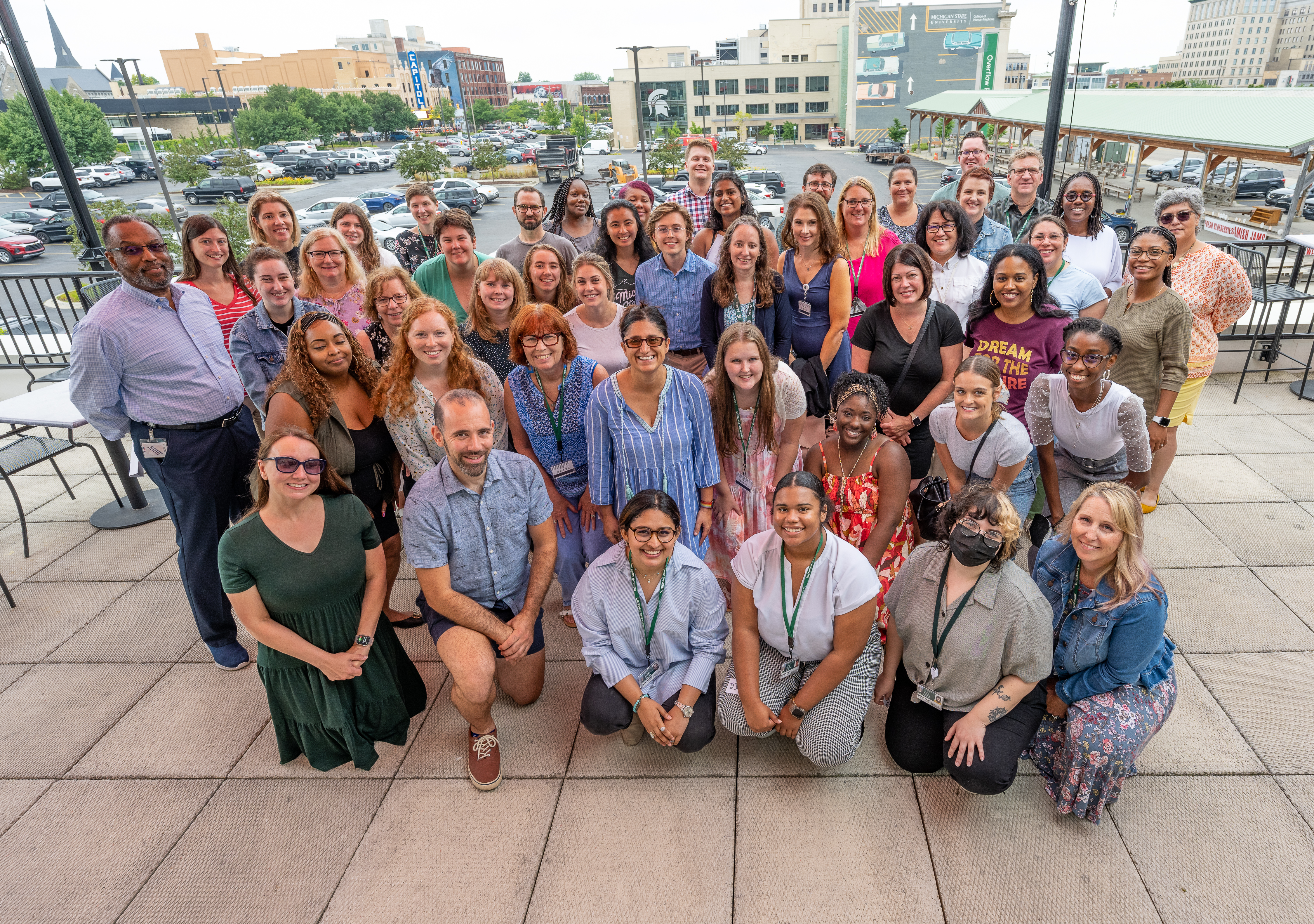The Flint Registry has reached – and surpassed – its original goal of enrolling 20,000 participants. With approximately 20,276 enrollees (and counting) and over 30,000 connections to critical support services, the Flint Registry continues to fulfill its mission of improving public health.
"Reaching over 20,000 people in our community and connecting them to crucial resources is an important milestone," said, Nicole Jones, Flint Registry director. "We are grateful for the tireless work of our staff, partners, community members – and most importantly, for the participants who signed up to get counted, connected and supported!"

With a return to in-person events, the Flint Registry achieved this incredible milestone with a busy summer full of outreach and engagement, including free days at the Flint Children's Museum and partnering in Juneteenth celebrations, Flint Mural Week and the Flint Public Art Project, Alley Fest, Praise Fest, Unity March, Flint Water Festival, Team Mari's Back to School Bash, Atwood Stadium Races, Flint Jazz Festival, and Voices for Children.
To further encourage Flint Registry enrollment, “Golden Ticket” postcards were sent to every Flint address to help reach the 20,000 milestone and award five special 20,000 Golden Ticket winners with a $50 Flint Farmers’ Market gift card and Flint Registry gift bag.
“I’m so glad I decided to enroll in the Flint Registry,” said Cherry Brown who was one of five 20,000 Golden Ticket winners. “They are very active in our community, and I encourage others to join and connect with resources for their families.”
Starting Aug. 1, the Flint Registry will launch another five years of Centers for Disease Control and Prevention-supported work. The Flint Registry will continue to prioritize community engagement, outreach, and enrollment, with special efforts to recruit high-risk individuals like children and families with lead service lines. For individuals already enrolled in the Flint Registry, future years of programming will include keeping in touch with participants via follow-up surveys and ongoing connections to critical public health promoting services. Flint’s lessons will continue to inform public health and lead prevention best practices throughout the nation.
“All this amazing work would not be possible without the steadfast leadership of our bipartisan congressional delegation,” said Mona Hanna-Attisha, director of the Michigan State University and Hurley Children’s Hospital Pediatric Public Health Initiative. “We are so grateful for their unwavering support of our Flint community.”
To read more, visit publicheath.msu.edu.